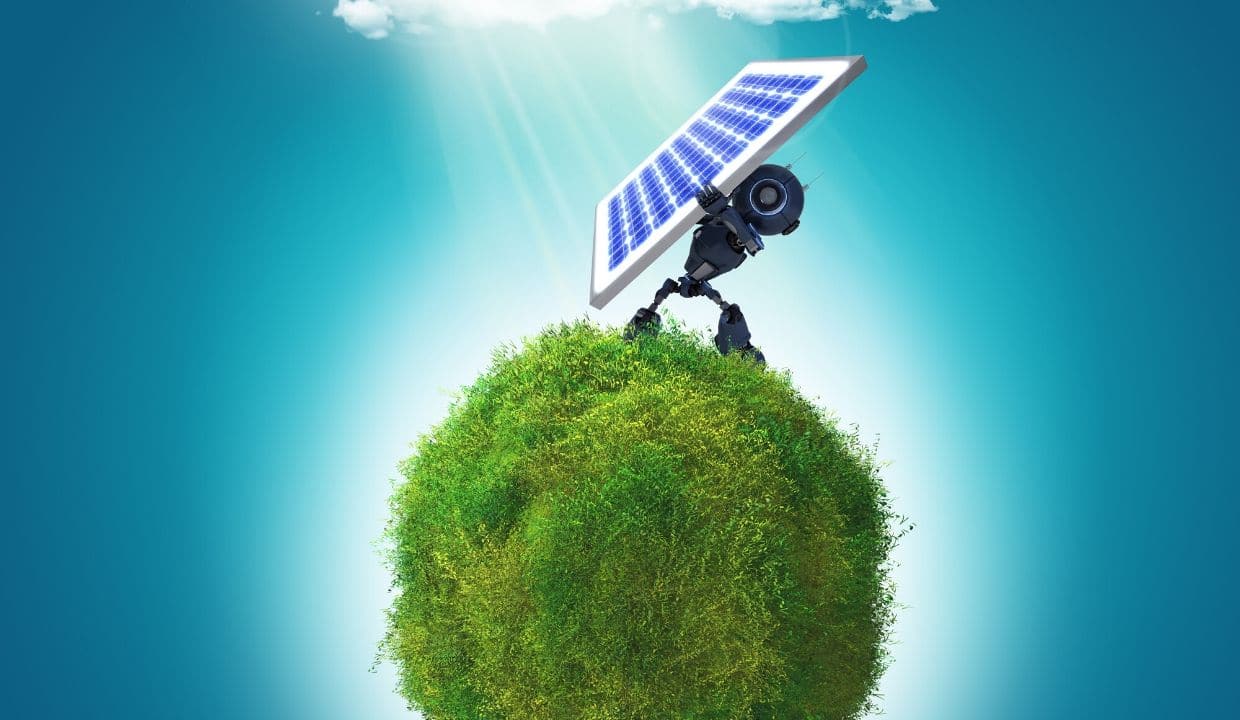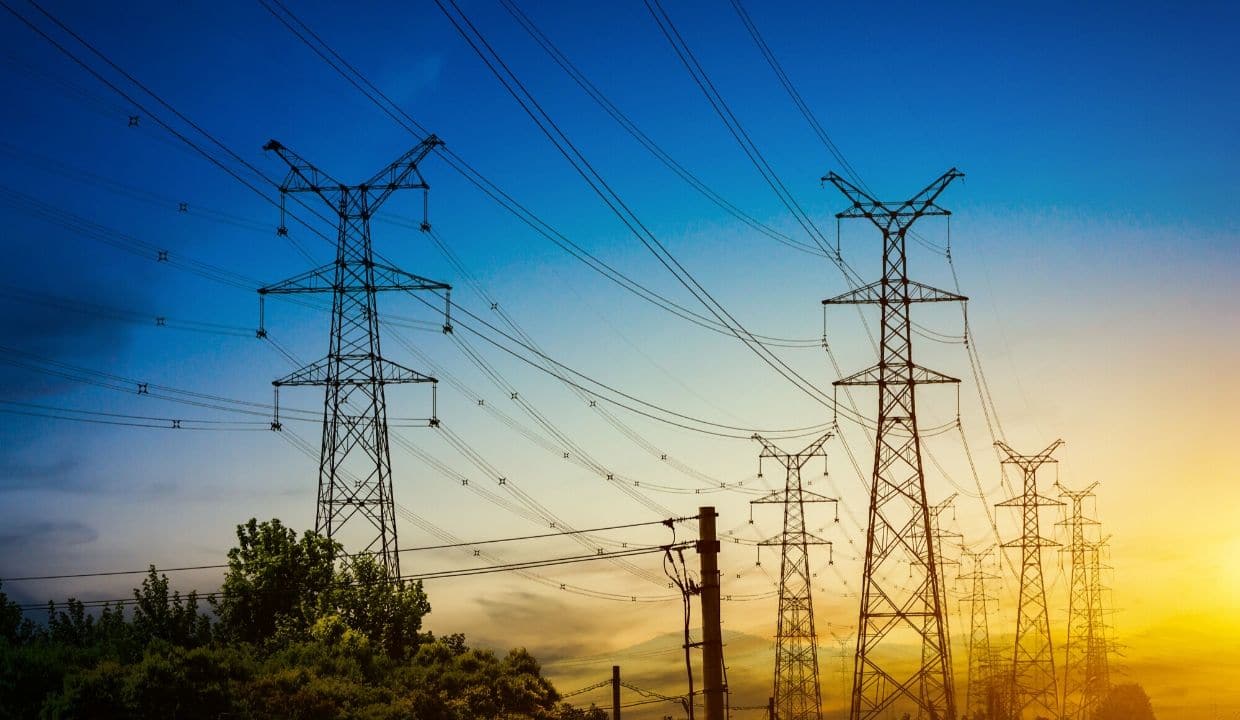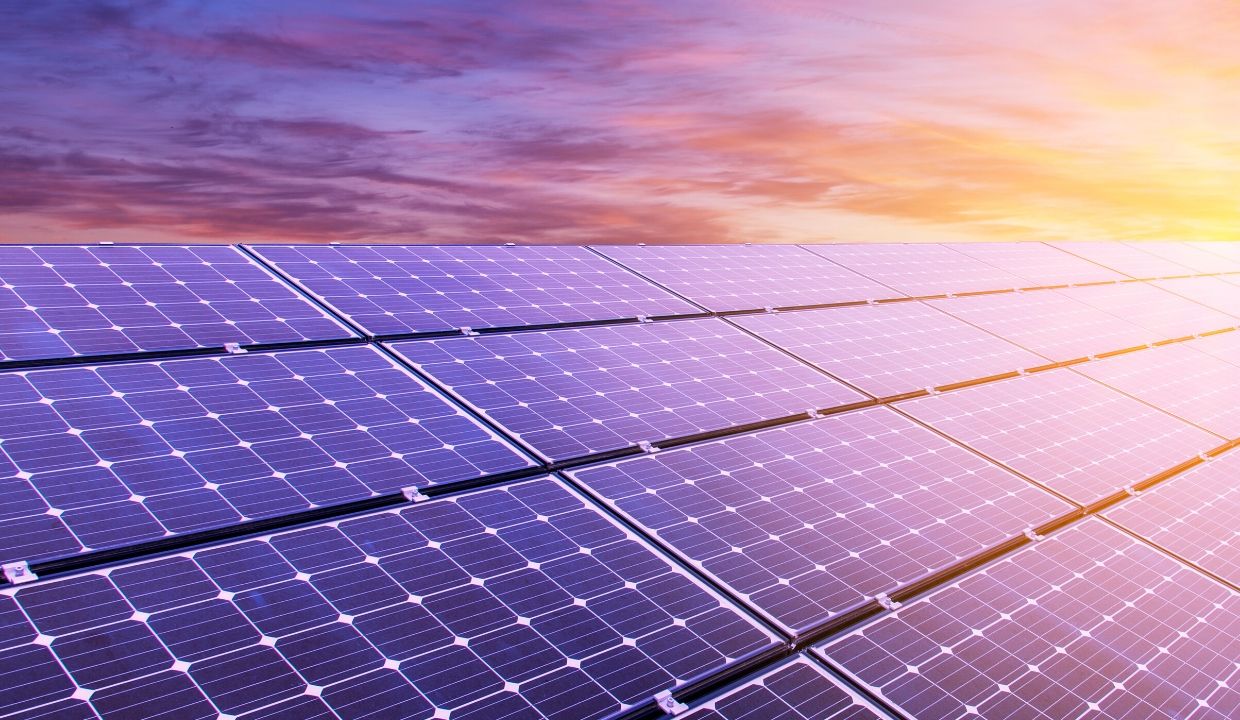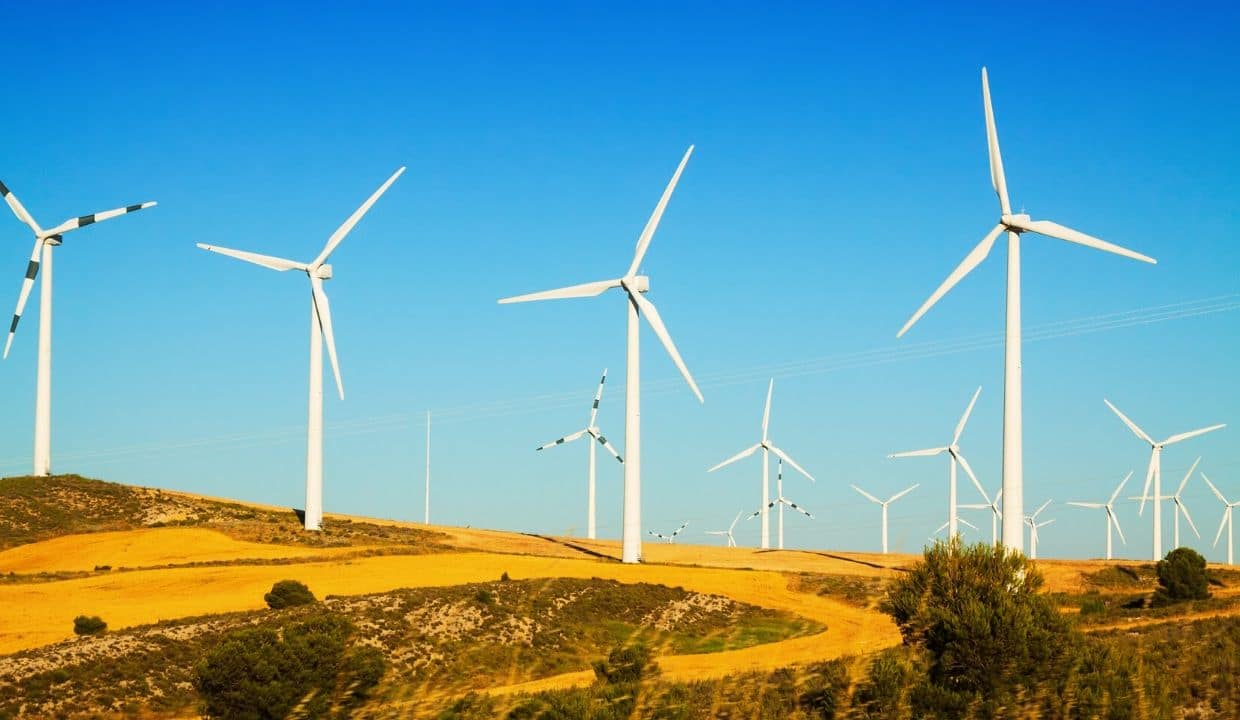Vietnam territory is located in the tropical climate zone with over 3,200 km long coastline. Therefore, there is great potential for renewable energy development. The available renewable energy sources in Vietnam are: solar energy, wind energy, biological energy, hydropower and energy from the sea.
Vietnam has great potential for hydroelectric power, with total theoretical capacity of about 35 GW, the technical potential is about 26 GW, annually it can produce more than 100 GWh; in which the small hydropower (the installed machine capacity <30 MW) has the potential to produce about 15-20 GWh of electricity.
Until 2013, the total number of projects have been put into operation is 268 projects, with a total installed machine capacity of 14,240.5 MW. As planned, until 2017, there will be 473 projects will be put into operation with a total installed machine capacity of 21,229.3 MW. In addition, according to the Electricity Corporation of Vietnam, the potential of small hydropower has installed machine capacity of about 4,000 MW.
In a report of the World Bank in 2001, the wind energy potential of Vietnam is estimated at 512 GW, much higher compared to other countries such as Thailand, Laos and Cambodia.
Vietnam has great potential for solar energy, particularly in the Central and South of the country, with the average intensity of solar radiation of about 5 kWh/m2. The total theoretical potential of solar energy in Vietnam is estimated at 43.9 billion TOE (TOE – tons of oil equivalent).
With the advantage of being an agricultural country, Vietnam has a large and diverse biomass sources, including wood, firewood, rice husk, rice straw, sugarcane bagasse and other kind of agricultural residues. Annually, Vietnam is estimated to have over 60 million tons of biomass from agricultural waste. The biomass energy sources mentioned above can be used to produce bio-fuel (ethanol), fuel pellet, biogas and various other products.
Vietnam livestock industry is now quite developed, released to the environment annually a large amount of livestock waste in the form of solid and liquid.
According to the statistic data from national environmental status by 2014, the amount of solid waste from livestock in 2013 in Vietnam includes: 18.5 million tons from raising cows, 13.8 million tons from raising buffalo, 18.9 million tons from raising pig, 22.6 million tons from raising poultry. Part of livestock waste in rural area of Vietnam provides raw material for more than half a million active biogas in three regions of the country.
With a population of nearly 90 million people, the annually amount of domestic waste generated due to activities of the population is very huge. Domestic waste after being collected and classified can be recycled, reused and recovered energy from waste incineration or landfills.
Finding the right business partner in Vietnam is also important. We recommend doing research on the reputation of the company and individual shareholders, corporate or individual, gathering publicly available company information, and performing background checks on key personnel to find potential risks in cooperation. Working with a reliable partner can help achieve economic benefits, saving time and money in business.
How ANT Consulting Could Help Your Business?
Please click here to learn more about ANT Consulting or contact our lawyers and consultants in Vietnam for advice via email ant@antconsult.vn or call our office at +84 28 730 86 529





